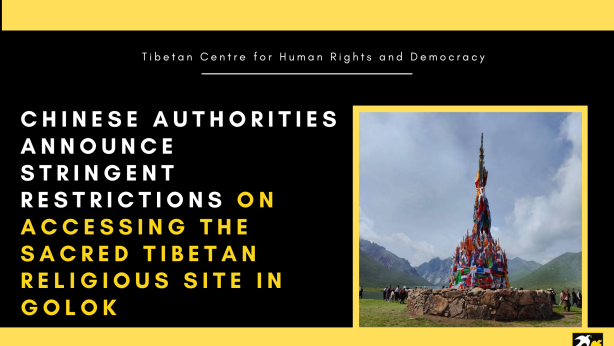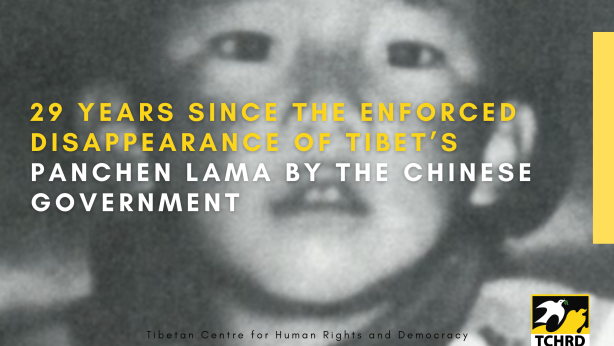Mandela legacy continues to inspire Tibetans

Nelson Mandela passed away on 5 December 2013. His state funeral on Sunday, 15 December is a time for the world to gather and remember Mandela’s life and legacy. Mandela will be forever remembered as the first black president of South Africa and a champion of non-violence who was instrumental not only in ending apartheid but also for uniting South Africa behind the rule of law, constitutionalism, and racial reconciliation after decades of minority rule by a racist regime. This legacy and the success of the “freedom struggle” against apartheid is an inspiration for Tibetans who live under a discriminatory regime that exists above the law and imposes its will through the heavy-handed use of force.
Mandela’s life provides hope as much as his legacy does. Mandela was labeled a terrorist and sent to prison. Before he was sent to prison he was known as a fighter—particularly because of his experience as a boxer. The last the world saw of Mandela for 27 years was at his trial when he denounced all forms of racial domination. During his 27 years in prison, Mandela was transformed from a person into an icon. The Apartheid South African regime banned his photograph and, particularly in mining communities, his name was mentioned only in hushed tones.
When he was finally released, the world did not know how his time in prison, the majority of which was characterized by “extreme suffering, and physical and psychological pain,” would have shaped Mandela’s mind or body. He came out of prison advocating for compassion. Rather than responding to the atrocities of apartheid with violence or even triumphalism, Mandela called for reconciliation. He created the Truth and Reconciliation Commission that acknowledged the suffering under apartheid without calling for vengeance of imposing victor’s justice.
Tibetans can sympathize with the treatment of Nelson Mandela and his image and the treatment of black South Africans. Mandela’s leadership and South Africa’s triumph over a brutal repressive regime give hope to Tibetans who are carrying out the longest non-violent movement in history. Mandela’s life demonstrates that, despite the obstacles and difficulties, it is possible for compassion to triumph over brutality. That, in the end, the arch of the universe will always bend toward justice.
In 1996, despite intense pressure from China, Mandela met with His Holiness the Dalai Lama. When asked afterward about his meeting with Mandela, His Holiness replied, “I often meet with extraordinary and special people, spiritual leaders, royalty, Nobel laureates, presidents, world icons. For the most part, the reputation that precedes these people is somewhat exaggerated, creating an atmosphere of greatness around them. Each time I meet these people, I find that their person is in actuality not as large as their reputation. In preparing to meet with Nelson Mandela, I considered that his reputation was in fact the largest in the world. There is no-one greater living on the planet at this time. And in only his case, did I find the person larger than the reputation.”


